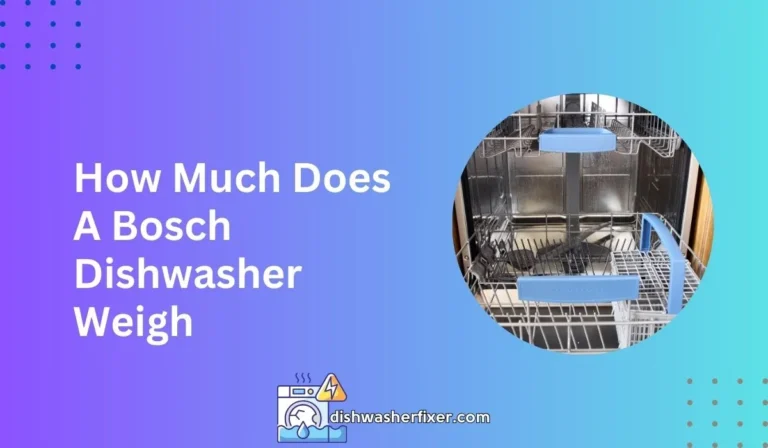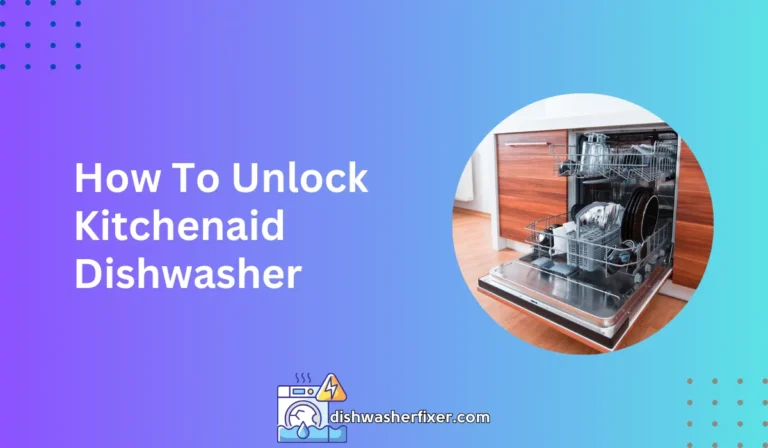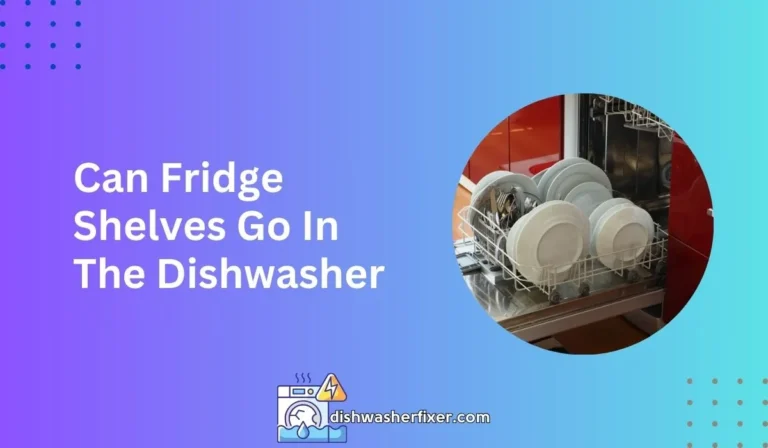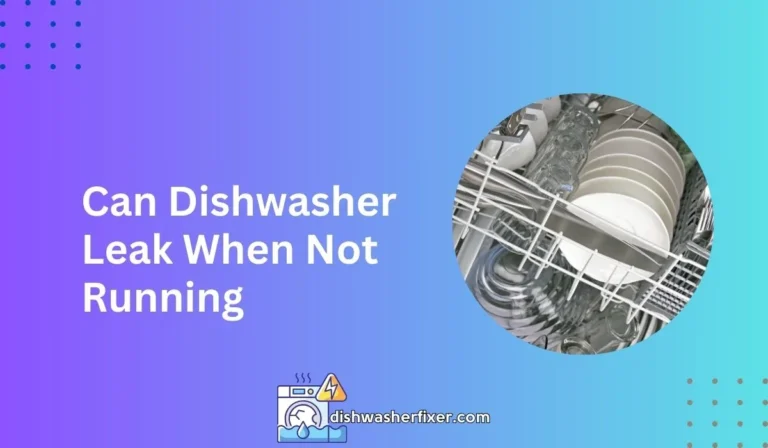Can You Have a Dishwasher and Garbage Disposal with a Septic Tank?
Yes, you can have both a dishwasher and garbage disposal with a septic tank. However, it’s important to use them wisely by limiting the amount of food waste and choosing septic-safe detergents to prevent tank overloading and maintain system health.
Understanding Septic Systems and Kitchen Appliances

How Septic Systems Function
Septic systems are underground wastewater treatment structures that use a combination of nature and proven technology to treat household waste. They are common in areas without centralized sewer systems.
A typical septic system includes a septic tank and a drain field, or soil absorption field. Waste from your home flows to the septic tank, where solids settle at the bottom and lighter materials, like fats and oils, float to the top.
Bacteria in the tank digest the organic material, while liquids exit into the drain field and are naturally filtered by the soil.
Kitchen Appliance’s Role in Waste Management
Kitchen appliances such as dishwashers and garbage disposals play a significant role in managing household waste.
They help reduce the amount of waste that goes into trash bins and can make kitchen cleanup more efficient.
However, their use also introduces additional water and materials into the septic system, which must be carefully managed to avoid system overload.
Importance of Septic-Safe Appliance Usage
Using kitchen appliances safely with a septic system means being mindful of the substances that go down the drain and the amount of water used.
Since septic systems rely on bacteria to break down waste, introducing harmful chemicals or excessive food particles can disrupt the biological balance.
Therefore, it’s crucial to select and utilize appliances that minimize the risk to the septic system’s functionality.
Using a Dishwasher with a Septic Tank
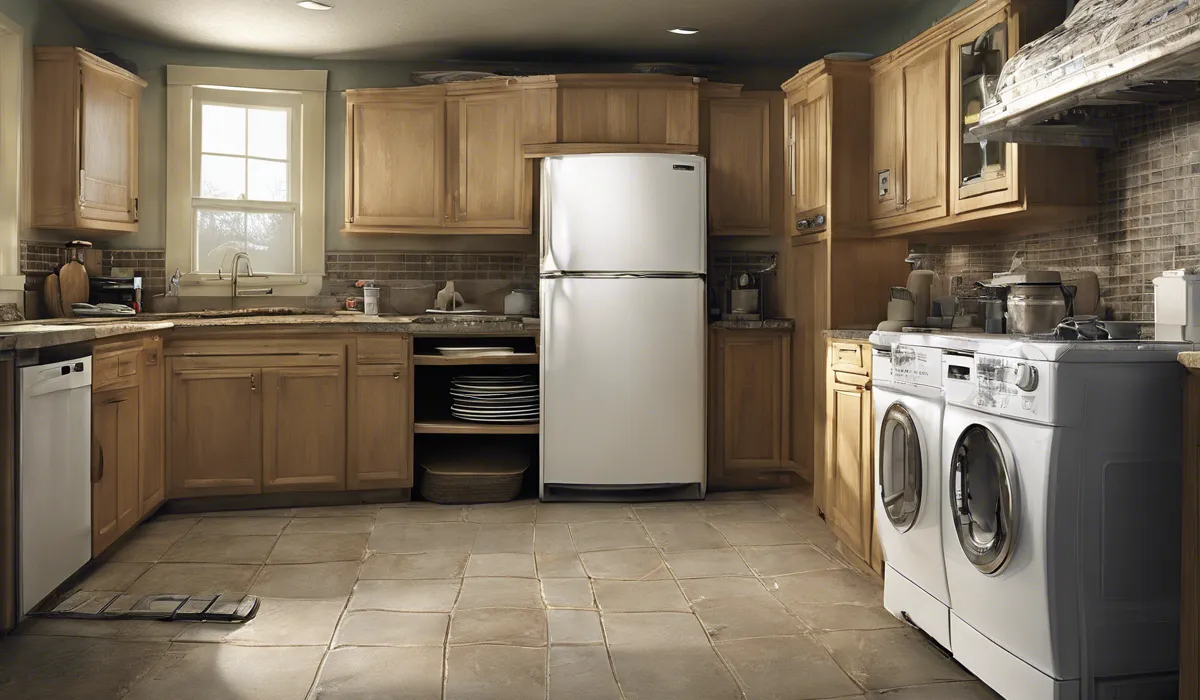
Impact of Dishwashers on Septic Systems
Dishwashers can contribute a significant amount of water to septic systems, which can lead to overloading if the system’s capacity is not adequately managed.
The soaps and detergents used can also affect the natural breakdown of waste within the tank if they contain harsh chemicals or anti-bacterial agents.
Selecting the Right Dishwasher
When choosing a dishwasher for a home with a septic system, it’s essential to look for models that are energy-efficient and have low water usage.
These dishwashers help maintain the septic system’s balance by reducing the volume of wastewater that needs to be processed.
Dishwasher Detergents and Maintenance
Selecting the right dishwasher detergents is crucial for septic system health. Opt for phosphate-free, biodegradable detergents that are less likely to disrupt the bacterial balance in the septic tank.
Regular maintenance of your dishwasher, including cleaning filters and checking for leaks, can also prevent unnecessary strain on the system.
Dishwasher Use Scheduling
It is wise to spread out the use of water-intensive appliances throughout the week.
Running the dishwasher at off-peak times or on different days than other high-water-use activities can prevent the septic system from becoming overwhelmed with too much water at once.
Incorporating a Garbage Disposal When You Have a Septic Tank

Garbage Disposal Use with Septic Systems Debate
There is ongoing debate about the safety and practicality of using a garbage disposal with a septic system. Some experts argue that it can lead to more frequent maintenance needs and potential septic system failure if not used correctly.
Effects of Garbage Disposal Waste on Septic Systems
Garbage disposals add solid waste and grease to the septic tank, which can accumulate and reduce the tank’s efficiency. Over time, this can lead to clogs in the system and the need for more frequent pumping.
Responsible Use of Garbage Disposals with Septic Systems
Using a garbage disposal responsibly with a septic system means being mindful of what goes down the drain. Avoid disposing of hard to grind, stringy, or fibrous waste. Also, run the disposal regularly to prevent buildup and ensure it’s clear of waste.
Modifications for Septic Systems with Garbage Disposals
If you use a garbage disposal with a septic system, consider using septic tank additives to aid in breaking down the additional solid waste and scheduling more frequent pumping to prevent problems.
Consulting with a septic system professional can provide personalized advice for your system.
FAQs About Dishwashers and Garbage Disposals with Septic Tanks
Can I install a dishwasher if I have a septic tank?
Yes, you can install a dishwasher with a septic tank, but be sure to use septic-safe detergents and avoid overloading the system with excess water.
Is it safe to use a garbage disposal with a septic system?
Using a garbage disposal with a septic system is possible, but it’s crucial to limit the amount of food waste you put into it to prevent overloading the septic tank.
How can I maintain my septic system when using a dishwasher?
Maintain your septic system when using a dishwasher by running it only when full and selecting septic-safe detergents that do not contain phosphates or harsh chemicals.
What detergents should I use with my dishwasher to protect my septic tank?
Choose detergents labeled as septic-safe, biodegradable, or free from phosphates and anti-bacterial agents to protect your septic tank.
Can overuse of a garbage disposal damage a septic system?
Overuse of a garbage disposal can lead to the accumulation of solids that can clog the septic system, so it’s important to use it sparingly and avoid disposing of hard-to-degrade items.
Final Thoughts
Having both a dishwasher and garbage disposal when you have a septic tank is feasible, provided they are used responsibly.
It is crucial to minimize food waste entering the system and to select detergents that are safe for septic systems. This approach helps to avoid overloading the septic tank and ensures its proper functioning and longevity.
